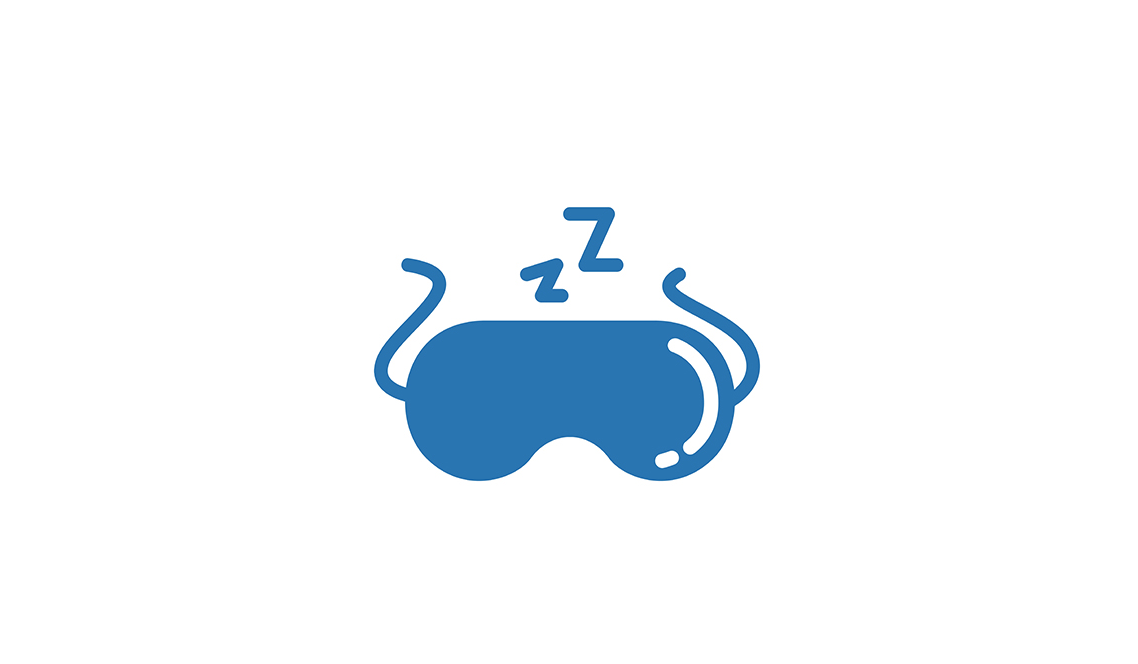With many St. Joe’s students away from campus and participating in distance learning, they may be struggling to maintain a schedule and get enough sleep.
“Stress and anxiety will make it hard to fall asleep and/or stay asleep,” Jodi Mindell, Ph.D., professor of psychology, director of graduate psychology and associate director of the Sleep Center at the Children’s Hospital of Philadelphia (CHOP), said. “Often, students wake up too early in the morning and can’t get back to sleep when they are stressed.
Lack of sleep is a common problem for college students, even without the worries and disruptions of a pandemic. Cameron Wellman ’23 knows that well. He said he loses an average of three to four hours of sleep during the semester due to the demands of homework.
“At certain points my stress keeps me up and causes me to struggle to fall asleep,” Wellman said. “Stress is a major burden on me because I worry so much about every little thing that goes on with school and life.”
College students like Wellman should be getting at least seven to nine hours of sleep per night, Mindell recommended. In reality, most of them get closer to six or seven, Mindell said.
Diana Rach ’22 said she doesn’t get anywhere near the recommendation.
“Homework is the main reason I lose sleep,” Rach said.
Mindell said catching up on lost sleep takes time.
“Sleep is not like a bank account where someone needs to pay back all the lost hours of sleep,” Mindell said. “It can take a week or two to ‘catch up’ on chronic insufficient sleep, meaning going for weeks and possibly months of not getting enough sleep,” Mindell said.
Mindell recommended students follow some basic guidelines in order to get the rest they need.
“Things that help are avoiding caffeine starting mid-afternoon, putting screens away at least 30 minutes before lights out and sleeping in a room that is cool, dark, quiet and comfortable,” Mindell said.
Mindell also suggested students stick to the same schedule, whether or not they have class. For example, if they have to be up by 9 a.m. on certain days for classes, they should continue to get up at 9 a.m. the other days as well.
“Make sleep a priority,” Mindell said. “That is the number one thing to do. Even small, seemingly minor, changes can make a big difference in how well a student sleeps.”








































